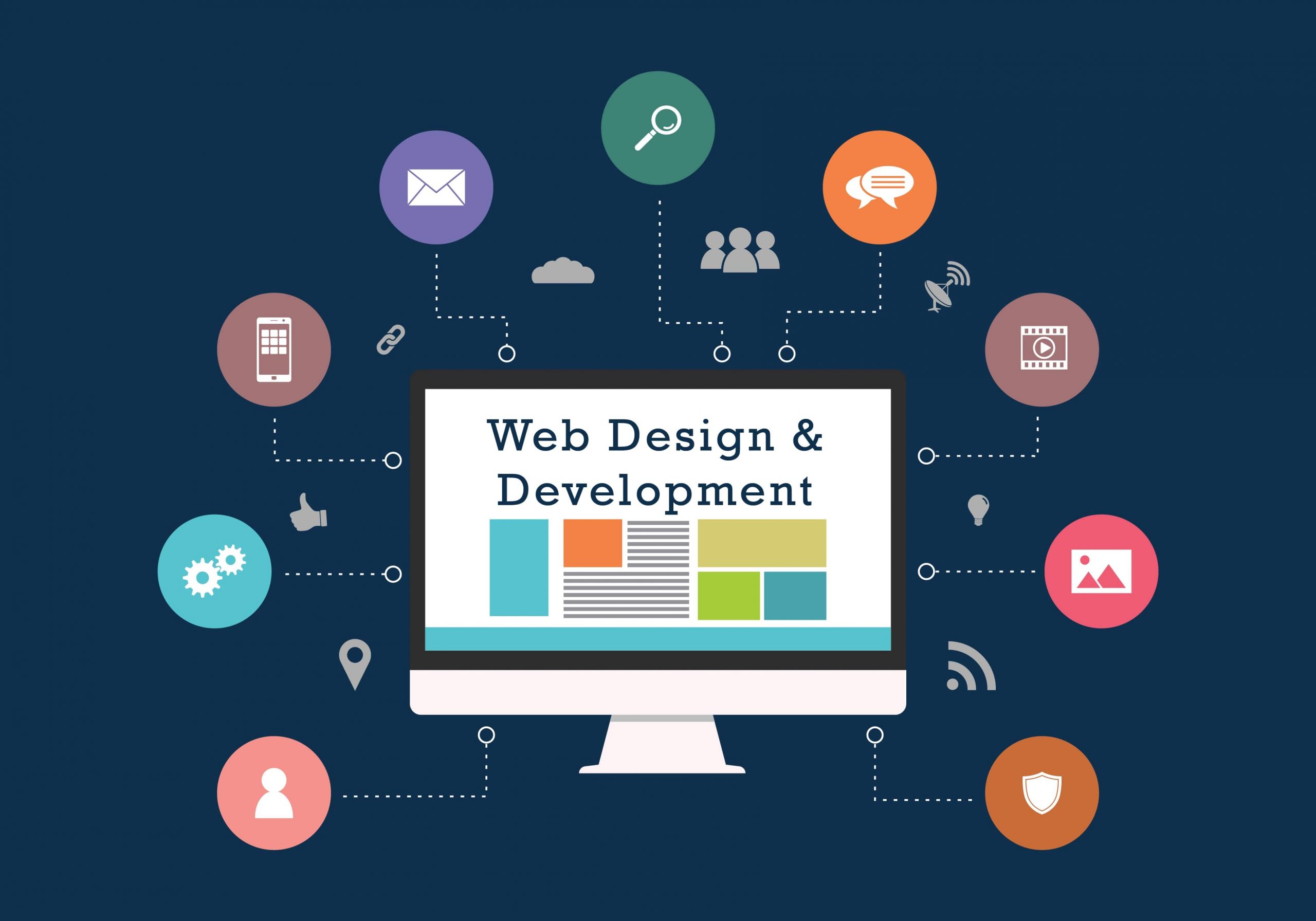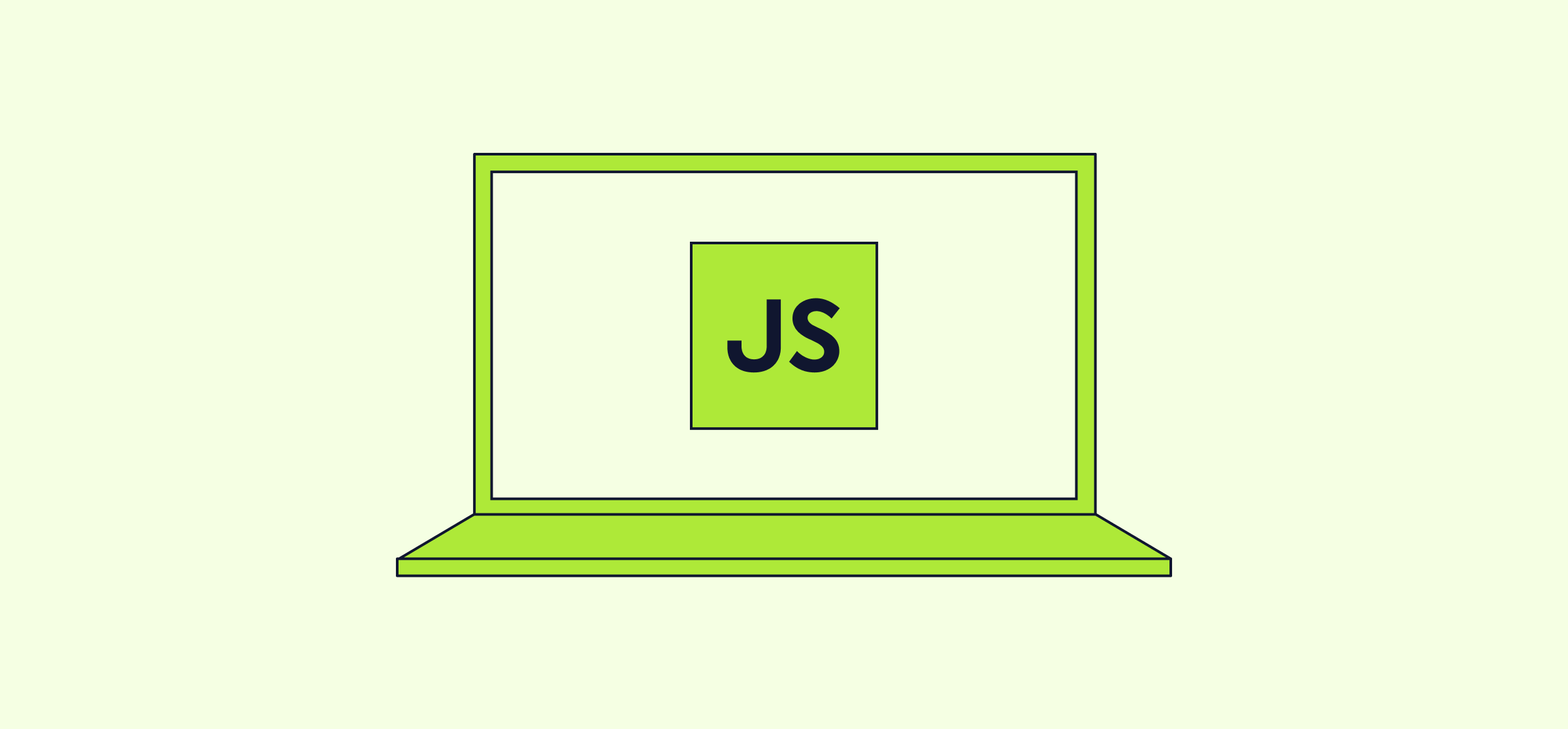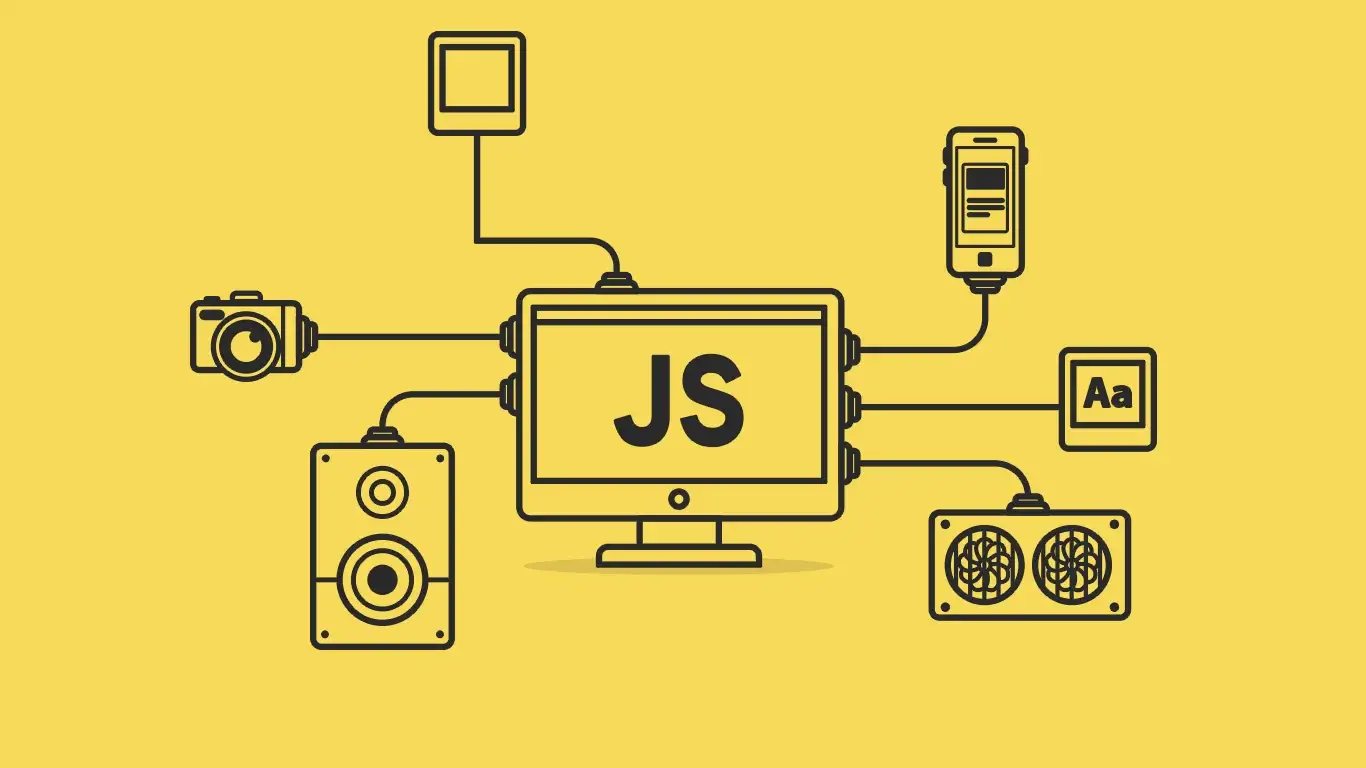It’s 2023 and the world of JavaScript is constantly evolving. As a beginner, it can be overwhelming to try and keep up with all of the latest developments and best practices in the language. However, with a little bit of guidance and some dedicated practice, you can quickly become proficient in JavaScript and start building your own interactive websites and applications.

Before diving into the specifics of the language, it’s important to understand the role that JavaScript plays in web development. JavaScript is a client-side scripting language, which means that it is executed by the user’s web browser rather than the server. This allows JavaScript to respond to user events and manipulate the content of a web page in real-time, creating a more interactive and dynamic user experience.
One of the first things you’ll need to do as you start learning JavaScript is to set up a development environment. This typically consists of a text editor (such as Sublime Text or Visual Studio Code) and a web browser (such as Google Chrome or Mozilla Firefox). You’ll use the text editor to write your JavaScript code, and the web browser to test and run your code.

Once you have your development environment set up, you can begin learning the basics of the JavaScript language. Some concepts that you’ll want to familiarize yourself with include:
- Variables: These are used to store and manipulate data in your code. You can declare variables in JavaScript using the
varkeyword, or by using the newerletandconstkeywords. - Data types: JavaScript has a few different data types, including numbers, strings, booleans (true/false values), and objects. Understanding the different data types is important for working with and manipulating data in your code.
- Operators: JavaScript has a variety of operators that you can use to perform operations on variables and data. These include arithmetic operators (such as
+and-), assignment operators (such as=), and comparison operators (such as<and>). - Control structures: These allow you to control the flow of your code by making decisions and repeating actions. JavaScript has several control structures, including
ifstatements,forloops, andwhileloops. - Functions: Functions are blocks of code that can be defined and called by name. They are a fundamental building block of JavaScript, and are used to encapsulate and reuse code.
As you start learning JavaScript, you’ll want to practice writing and testing code in your development environment. There are many online resources and tutorials available that can help you learn the basics of the language and start building your skills. Some popular options include:
- Codecademy (https://www.codecademy.com/learn/introduction-to-javascript) offers a comprehensive course on JavaScript that covers all of the basics, as well as more advanced topics.
- FreeCodeCamp (https://www.freecodecamp.org/learn/javascript-algorithms-and-data-structures/basic-javascript/) has a series of interactive tutorials and challenges that will help you learn JavaScript by building small projects and solving problems.
- Eloquent JavaScript (https://eloquentjavascript.net/) is a popular book that covers the fundamentals of the language and is available for free online.
As you continue learning JavaScript, you’ll want to keep an eye on the latest developments and best practices in the language. Some concepts and technologies that you might want to explore include:
- ES6 (also known as ECMAScript 6 or ECMAScript 2015) is a version of JavaScript that introduced many new features to the language, including classes

 Happy New Year 2023
Happy New Year 2023